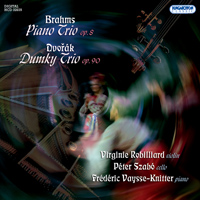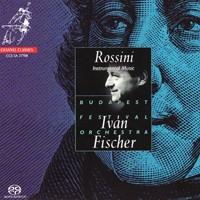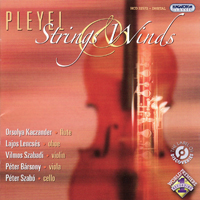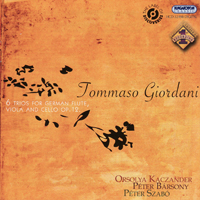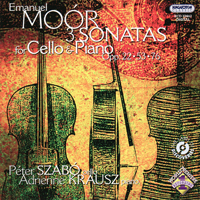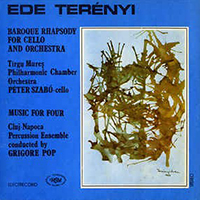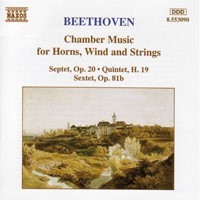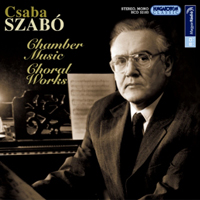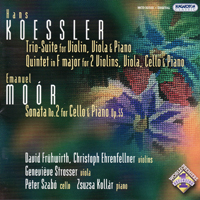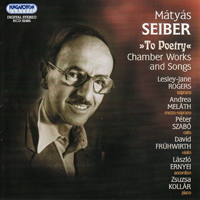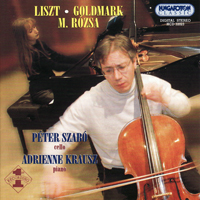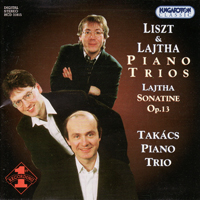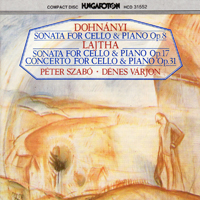An embarrassment of Beethoven
Michael Jameson finds a real bargain among three new recordings of his chamber music
BEETHOVEN
Septet in E flat, Op. 20; Trio in B flat, Op. 11 (Gassenhauser)
Ensemble Walter Boeykens
Harmonia Mundl HMC 901518 DDD
Septet in E flat, Op. 20; Sextet in E flat, Op. 81b
Consortium Classicum
Dabringhaus ung Grimm
MDG 301 0594-2 DDD (distr. Koch)
Septet in E flat, Op. 20; Quintet in E flat, H19; Sextet in E flat, Op. 81b
Jenő Keveházi, János Keveházi, Sándor Berki (horn), Ildikó Hegyi, Péter Popa (violin), Győző Máthé (viola), Péter Szabó (cello), Ottó Rácz (oboe), József Balogh (clarinet), József Vajda (bassoon), István Tóth (double bass)
Naxos 8.553090 DDD
Common to these three issues is Beethoven’s Septet in E flat, Op. 20, written in 1799 and presented at Vienna’s Burgtheater during the composer’s benefit concert on 2 April 1800. As Charles Rosen notes in his book The Classical Style, the Septet became so embarrassingly popular that (as Czerny likewise reported) Beethoven in later years winced when it was mentioned’. This six-movement work, probably modeled on Mozart’s Divertimento, K563, and enthusiastically received for its ‘great taste and imagination’, has been particularly well served on disc; the classic 1959 Decca version (with members of the Vienna Octet) still figures prominently in the catalogues, though each of these newcomers offers generally superior sound.
The Ensemble Walter Boeykens couples the Septet with the so-called Gassenhauer Trio, Op. 11, which is routinely played, while Op. 20 itself is tediously laboured and unappealing. Consortium Classicum’s disc is beautifully engineered, but the Septet sounds recondite and awkwardly mannered; there’s little to delight the ear, even during the entrancing variation movement based on the Rhenish boatman’s dirty ‘Ach Schiffer, lieber Schiffer!’, and the quicksilver finale is lethargically circumspect.
The Naxos disc represents outstanding value for money; performances are splendidly detailed and sonics readily outstrip recordings costing twice as much. The Septet is magisterially addressed by an ad hoc Hungarian team, who deliver an exemplary reading of the work. This generously filled budget release also includes creditable versions of the Sextet in E flat, Op. 81b (the stratospheric horn writing sounding disdainfully easy here), and the fragmentary, though delectable Quintet in E flat, Hess 19. In summary, another triumph for this outstanding super-bargain label – why pay more?
PERFORMANCE (Boeykens) ***
SOUND ***
PERFORMANCE (Consortium) ***
SOUND *****
PERFORMANCE (Naxos) *****
SOUND *****
Michael Jameson
BBC Music Magazine
December 1995




